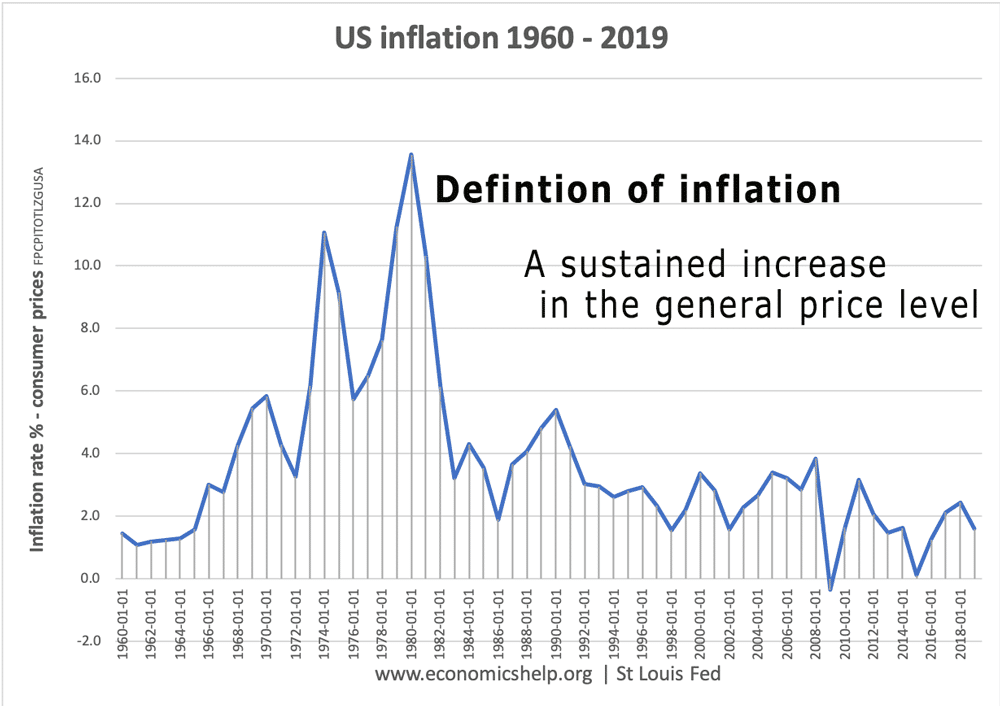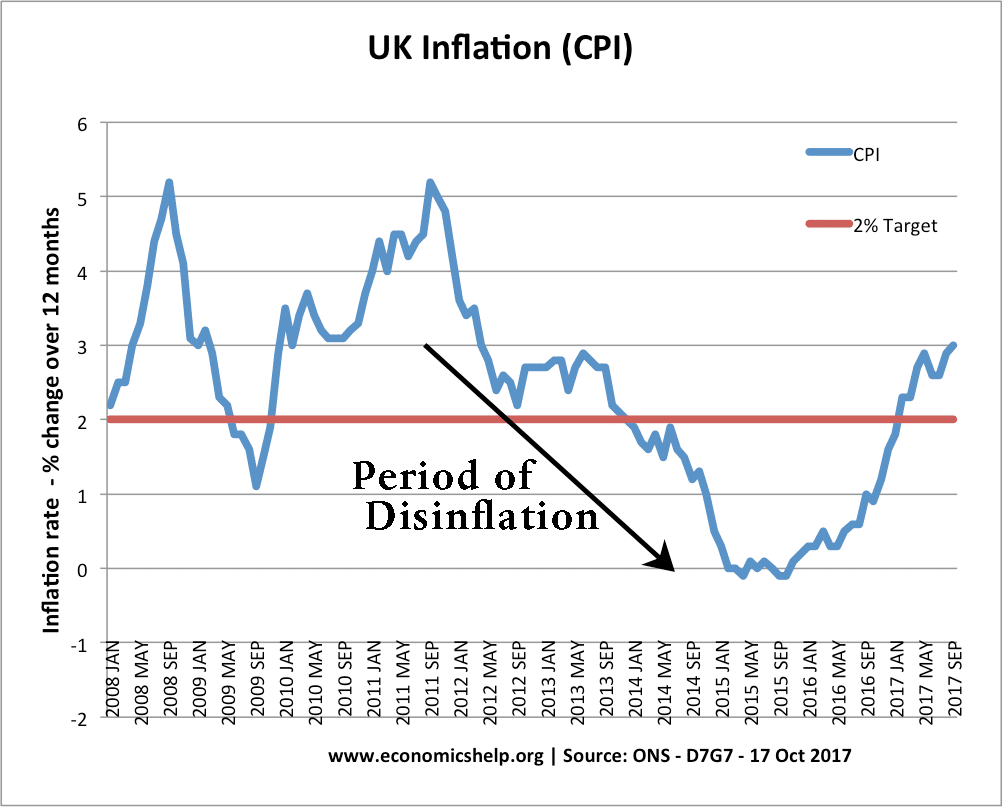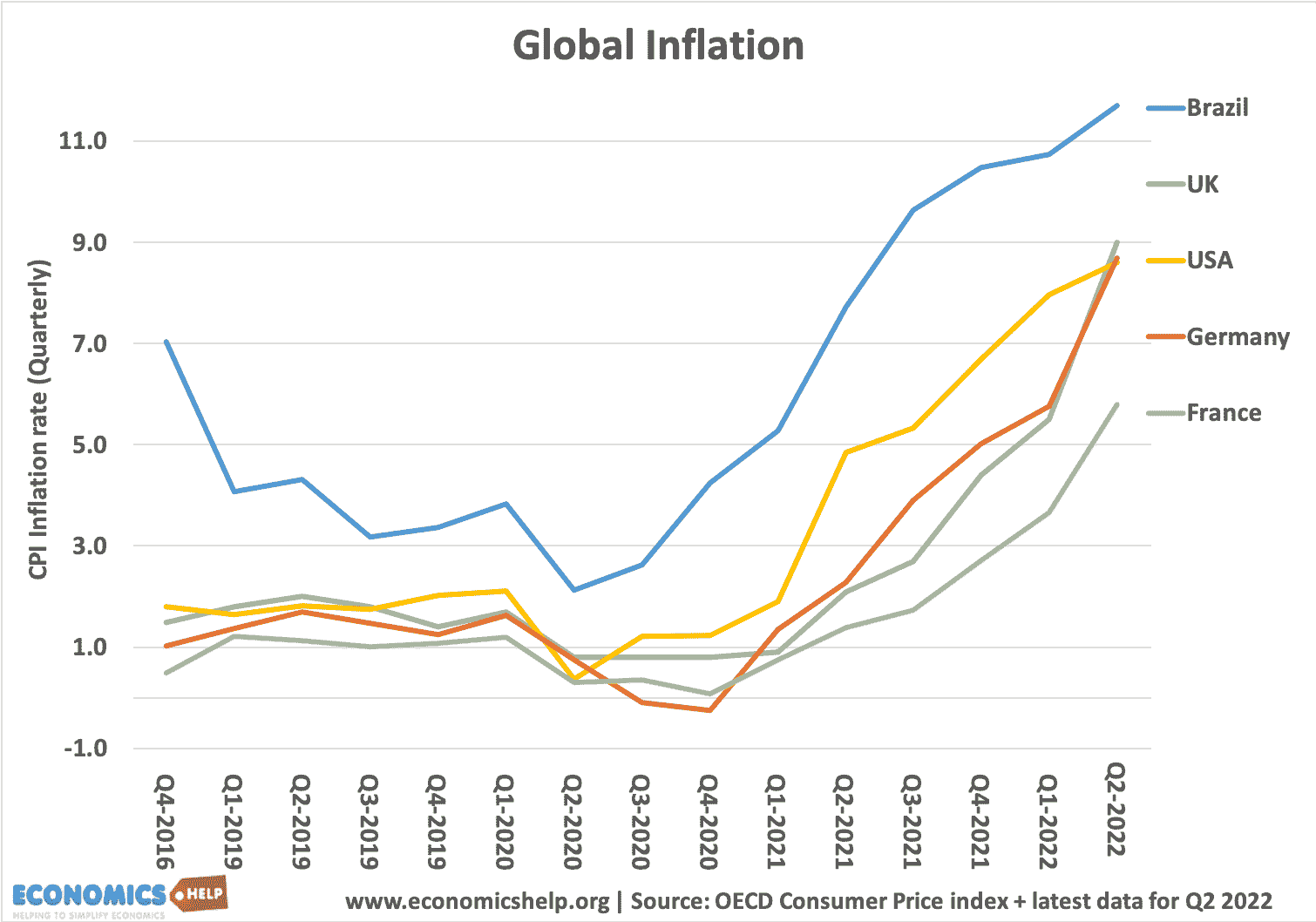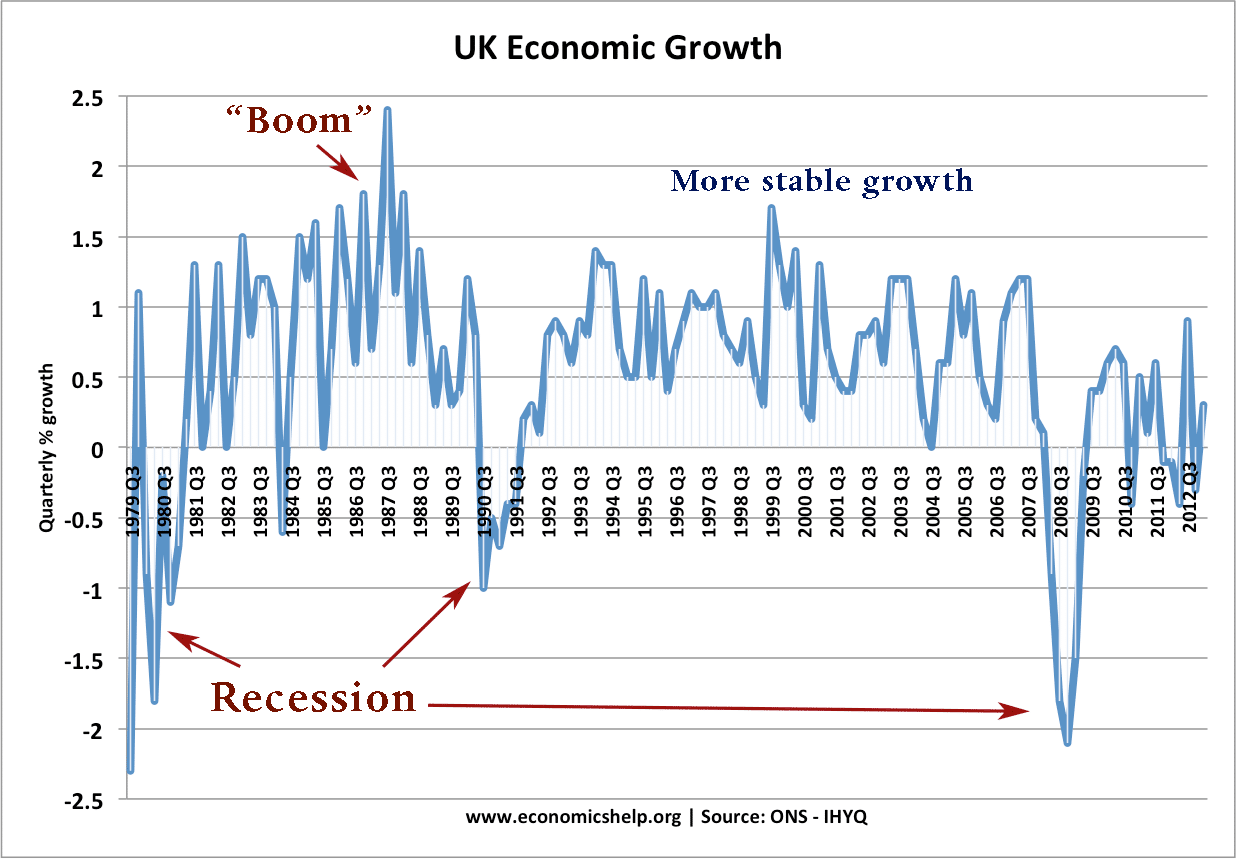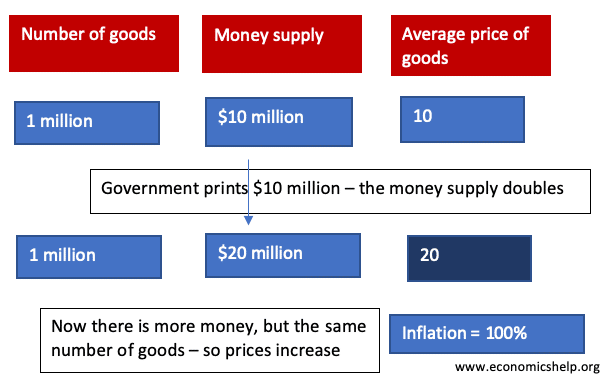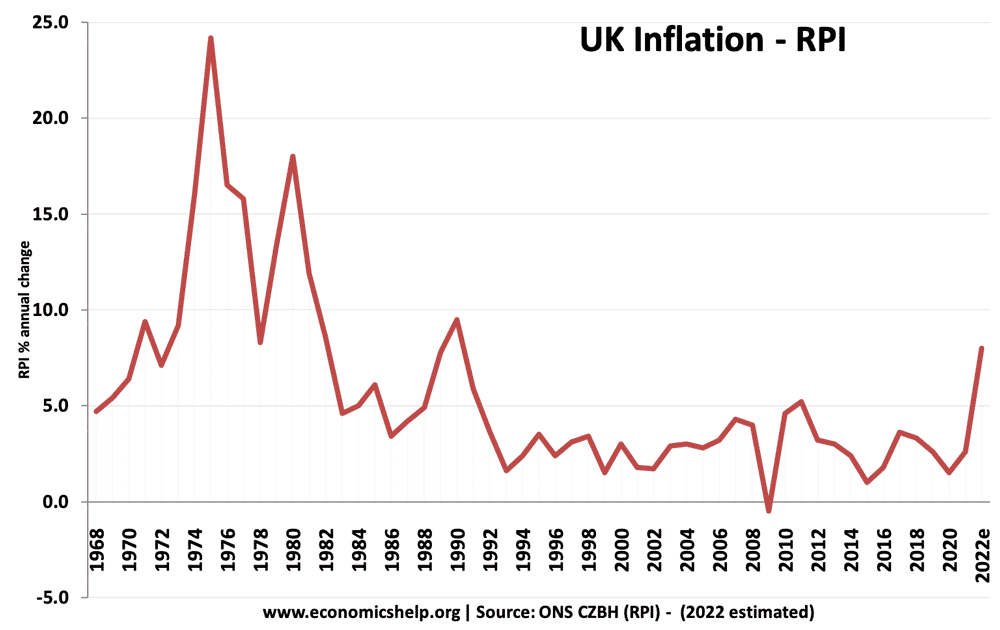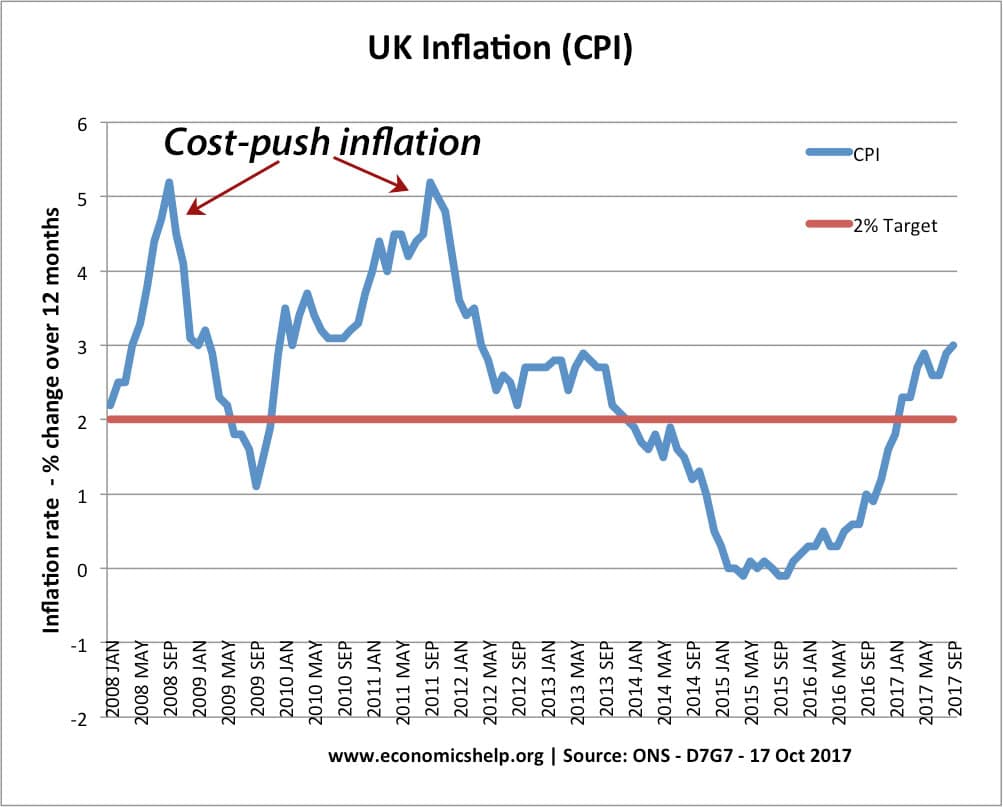Core inflation definition
Core Inflation. This is a measure of inflation which excludes certain volatile and seasonal prices. It will be based on the Consumer price index but exclude prices such as Petrol (subject to oil price variations) Food (subject to seasonal variations) Core inflation will also exclude the impact of government excise duties. Core inflation is seen …

